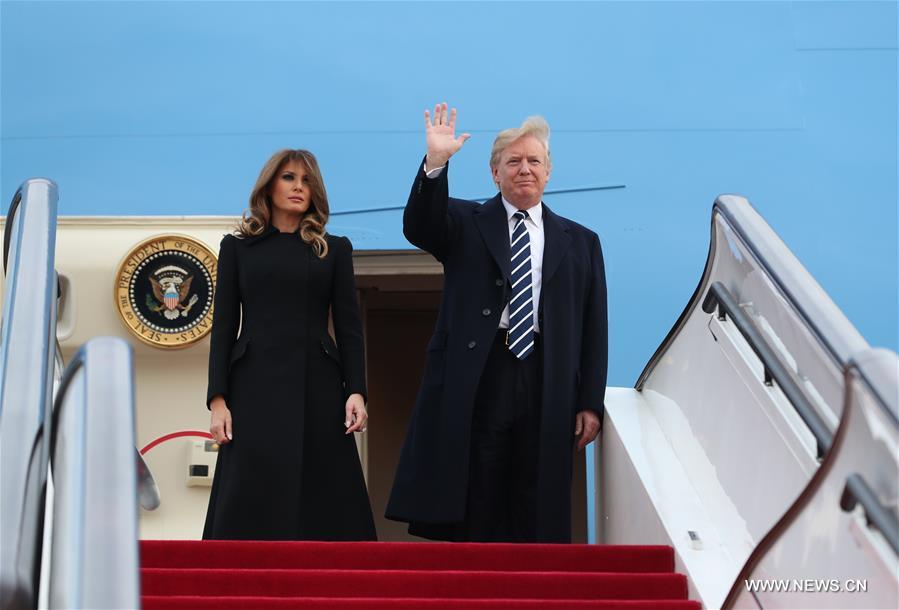
Photo: Xinhua
Agricultural cooperation between China and the US has become one of the highlights of US President Donald Trump's first visit to China, and the beef trade, in particular, has become a symbol of the bilateral economic and trade relationship since Trump took office, US entrepreneurs and Chinese experts said on Wednesday.
During Trump's visit, China and the US will sign business deals on energy and agriculture, bringing more US products, from liquefied natural gas to beans to beef, to the Chinese market.
One of the business deals involves China's e-commerce platform JD.com and the Montana Stockgrowers Association (MSGA). Under the agreement, JD.com would import over the next three years $200 million worth of beef from Montana and invest $100 million in a feeding and processing infrastructure in the state, according to Fred Wacker, owner of Cross Four Ranch in Montana, who also serves on the MSGA board.
"Fourteen years ago, China was the biggest market for our beef exports, and we want to revive that," Wacker told the Global Times in an interview on Wednesday in Beijing, adding that the deal with JD.com gave Montana stockgrowers "great growth potential" in China.
US beef imports were banned for 14 years until China lifted the ban in July as part of a 100-day action plan reached between Chinese President Xi Jinping and Trump during their first meeting in April to advance economic cooperation.
Following the ban's lifting, US beef started to arrive in China in September.
But Wacker said the amount is growing slowly because US ranches "didn't do the sourcing and tagging and that limited the amount of cattle that could come to China."
But things will pick up as more Chinese consumers turn to high-quality US beef, according to Ma Wenfeng, a senior analyst at Beijing Orient Agribusiness Consultant.
"When [US beef] becomes more accessible through online shopping sites and other channels, I think sales will increase greatly because US beef has a good reputation among Chinese consumers," Ma told the Global Times on Wednesday.
Frances Lin, who works in the film industry in Beijing and is a beef lover, said that US beef is of good quality and such deals between US ranches and Chinese online shopping sites "are great because it provides a lot of options for us Chinese consumers."
China is one of the fastest-growing markets for beef. In the first nine months of 2017, China imported $2.2 billion worth of beef, up 15.2 percent year-on-year, according to data from the General Administration of Customs.
And US ranchers can now have a share of that massive market, Wacker said, because "the trade relationship between our two countries is at a higher point than it has been in years," elevated by the two countries' shared focus on economic and trade cooperation instead of political disputes.
"The two presidents are talking trade and business, and are not trying to hold each other up," Wacker said, adding that the reopening of the US beef industry to the Chinese market serves as a great example for other US industries that want to do business in China.
Wacker also urged US companies not to sit around and complain about market access, but "pack your bag and get over here and talk to people."


